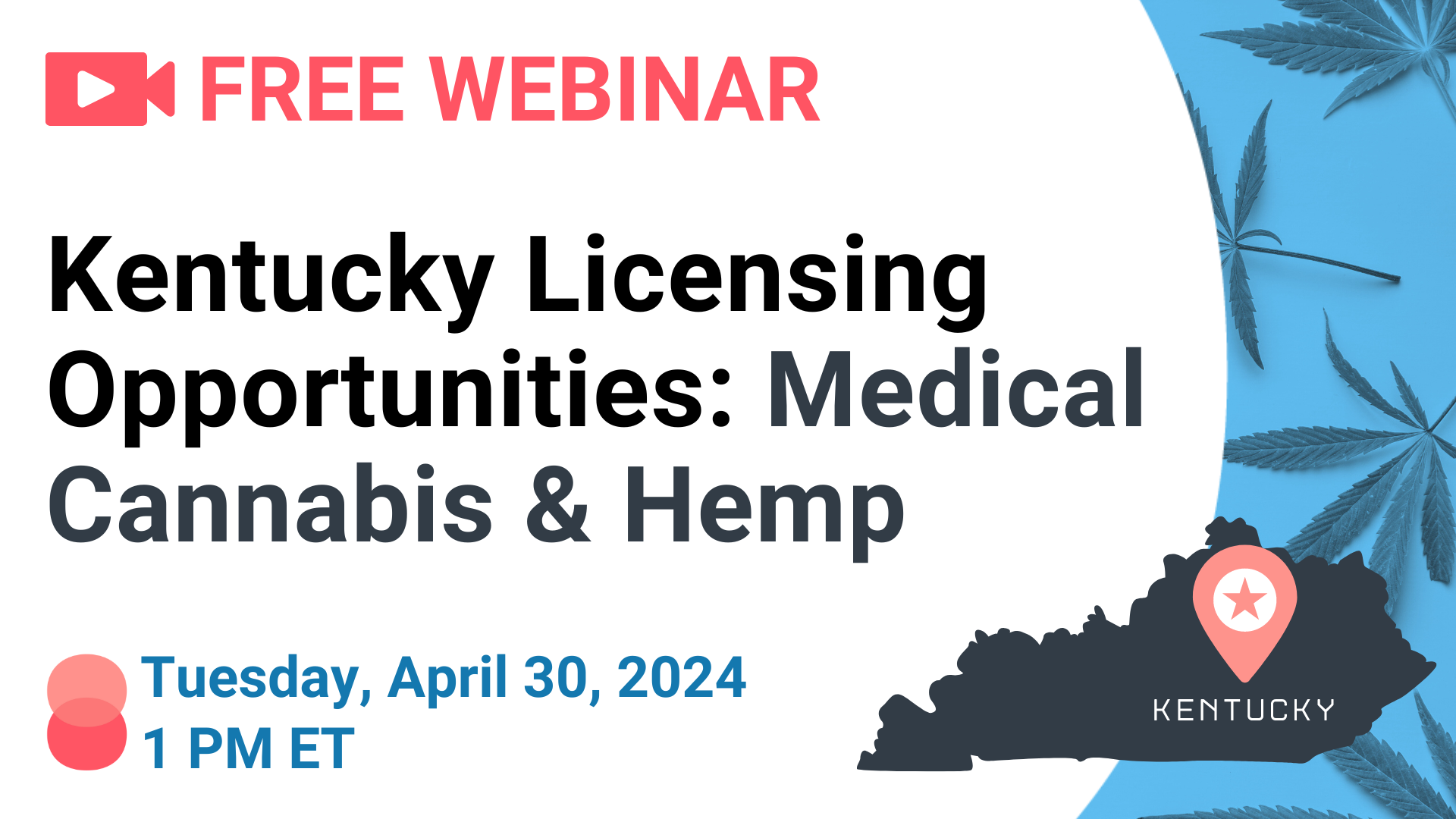Federal and State Overview: Regulation of Products Containing 'Minor' Hemp-Derived Cannabinoids
By Catie Wightman, Jace Pohlman
Jul 13, 2021
Move over CBD, there are new cannabinoids in town. CBD has been the most sought-after and utilized hemp-derived cannabinoid in consumer products, but due in part to technological advances, various other hemp-derived cannabinoids—including CBG, CBN, and CBC—are now creating a well-deserved buzz. Like any new hemp-derived product, it is crucial for businesses to understand the legal landscape and how these minor cannabinoids are regulated under federal law and the ever-evolving patchwork of state regulations.
The U.S. Food & Drug Administration (FDA) currently takes the position that THC and CBD are prohibited from being added to food or marketed as a dietary supplement. The FDA's position arises from specific provisions in the Federal Food, Drug, and Cosmetic Act (FFDCA), often referred to as the "Drug Preclusion Rule," that prohibits an article from being added to food or marketed as a dietary supplement if the FDA has approved it as a new drug, or if it has been authorized for investigation as a new drug under an investigational new drug application. This preclusion was triggered for CBD and THC in 2006 by FDA approving the investigational new drug application for Sativex®, a drug containing THC and CBD. On June 25, 2018, the FDA also approved Epidiolex®, which contains CBD, to treat seizures associated with two rare forms of epilepsy.
However, according to publicly available information, the Drug Preclusion Rule only currently applies to THC and CBD, not other cannabinoids. If any other cannabinoids are approved by the FDA as a new drug or authorized for investigation as a new drug, the Drug Preclusion Rule will likewise apply. Although minor cannabinoids may not be prohibited for use in food or as a dietary supplement under the Drug Preclusion Rule, this does not mean that products containing minor cannabinoids are immediately legal under the FFDCA. Like all new ingredients, minor cannabinoids are subject to FDA New Dietary Ingredient Notification requirements if used as a dietary supplement and requirements for food products, including Generally Recognized as Safe determinations.
In addition to federal requirements, many states have laws and regulations governing hemp products. Most of these laws and regulations would also apply to products containing hemp-derived cannabinoids other than CBD. Some state regulations are limited solely to the cannabinoid CBD, while other states regulate all hemp-derived cannabinoids. Some states that originally only contemplated consumable CBD products derived from hemp are now amending their regulations or passing new laws that will more broadly apply to all products containing hemp-derived cannabinoids.
For example, in Louisiana, the laws regulating hemp products and hemp product retailers only apply to hemp-derived CBD products. However, House Bill 640, which becomes effective on August 1, 2021, will extend these laws to cover all "consumable hemp products," including products containing hemp-derived minor cannabinoids.
In Kentucky, draft regulations that included testing and labeling requirements for hemp products would have only applied to hemp-derived CBD products. However, these draft regulations have now been amended to encompass all ingestible products containing hemp-derived cannabinoids of any kind.
Of note, New York's draft cannabinoid hemp regulations apply to all products containing cannabinoids derived from hemp. As we head toward federal legalization of cannabis, businesses working with minor cannabinoids may have some significant changes to come.
Vicente Sederberg LLP is continually monitoring changes to hemp laws and regulations. Don't hesitate to get in touch with our hemp team for more information or guidance.

